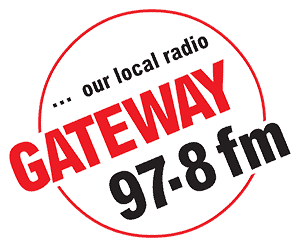
Ads help us keep this site online
According to research 1 in 7 Brits are unable to tell the time using a non-digital clock. Within recent years as digital technology becomes increasingly integrated into our day to day lives, we are losing skills which in the past would have been considered essential. Within the UK 93% of the population between the ages of 16-54 own a smartphone, meaning we have constant access to digital clocks, calculators, calendars and maps. According to Ofcom by the age of 11 nearly 2 in 5 (39%) children have their own smartphone which increases to over 4 in 5 (83%) by the age of 15. Although this shift in the constant access we have to technology may seem convenient, it has led to a real loss in skills for children with nearly 2 in 5 (37%) of British parents saying they haven’t or don’t plan to teach their children how to tell the time using non digital clocks.
The lack of knowledge has a real knock on effect on different aspects within our lives. In 2018 many news outlets reported that schools were switching out analogue clocks in favour of digital clocks due to some students having difficulty reading the traditional analogue clock face. Access to a digital clock may not always be possible, so the lack of this skill can affect the younger generations in some situations. Knowing how to tell time using an analogue clock is a particularly important skill for children as it aids in teaching children to understand the passage of time due to constantly moving hands, something that doesn’t happen in the same way with digital clocks.
Aston spoke to Sue Shackleton, Director of EasyRead Time Teacher Ltd to discuss research and also spoke about the educational clocks that EasyRead Time Teacher could help people tell the time.
